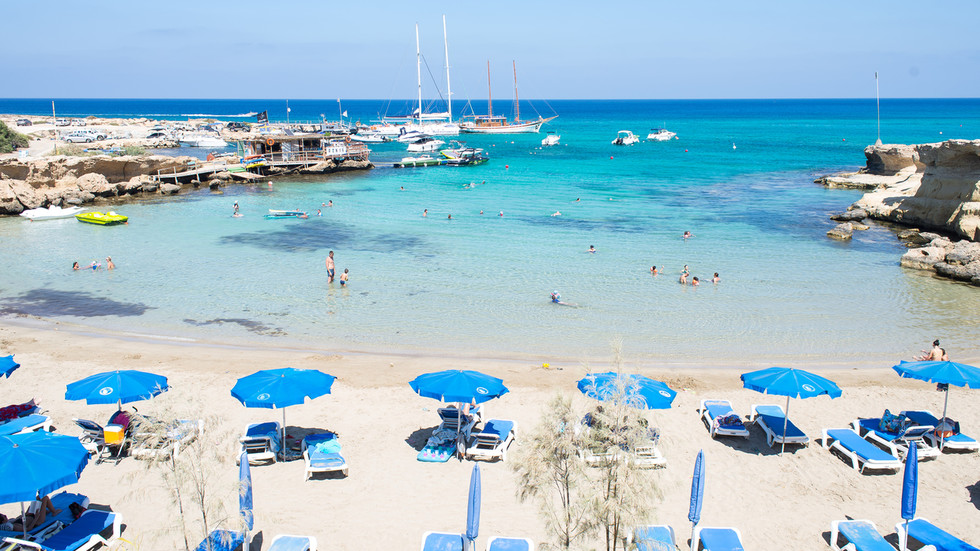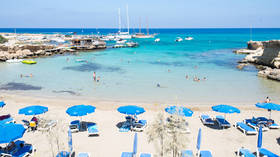
Bank of Cyprus told its clients from Russia that their accounts will be closed, Forbes has reported

© Getty Images / Valentin Tataru / EyeEm
Bank of Cyprus has notified its Russian customers that their accounts are set to be closed, Forbes reported on Tuesday, citing Main Partner Trust, a company that provides legal and financial services in Cyprus.
The information was reportedly confirmed by an unnamed source in the country’s banking sector.
Russian clients of Bank of Cyprus, the nation’s biggest banking institution, began receiving the notifications several days ago, according to Aljona Sakharova, a non-executive director of Main Partner Trust.
The letters inform customers that their accounts will be closed within two months of the notification because their user data does not comply with the so-called Know Your Customer (KYC) requirements.
The firm also said that among the reasons for closing accounts may be Russian tax residency or income from a sanctioned business in Russia.

Accounts may also be closed for Russians holding so-called ‘atypical’ residence permits in the country, such as Digital Nomad or Category F. The latter is commonly granted to people who possess and have fully and freely at their disposal a secured annual income that is sufficient to provide them with a decent living in Cyprus.
According to the source in the banking sector, Bank of Cyprus is not the only lender in the country that is closing the accounts of Russians. Local subsidiaries including divisions of the Greek Hellenic Bank and Alpha Bank are also doing so.
The move is reportedly attributable to concern about falling under US sanctions from doing business with Russian clients.
Cyprus has been known for its lax banking and financial services supervision, which has earned it much criticism in the EU as a money-laundering haven.
In January, the country’s finance minister said that the authorities had frozen about €1.5 billion ($1.6 billion) in Russian-linked deposits and assets in accordance with the bloc’s sanctions against Moscow.
For more stories on economy & finance visit RT’s business section




